848 likes, — cad.camer on July 28, 2024: ‘❤️3D Gear #gear #technology #mechanical #engineering #mech #tech’


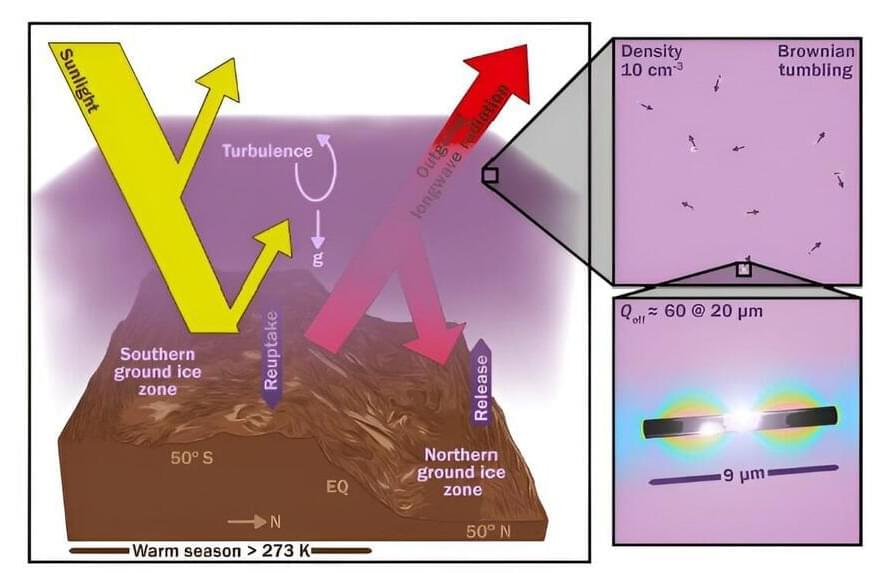
A small team of engineers and geophysicists from Northwestern University, the University of Chicago, and the University of Central Florida has found, via modeling, that creating millions of metal nanorods from material on the Martian surface and then blasting them into the atmosphere would be a more efficient way to heat the planet than generating greenhouse gases. Their paper is published in the journal Science Advances.
Science fiction writers have for many years envisioned a future when Mars is made habitable through terraforming techniques, allowing humans to survive without the need for special buildings and spacesuits. Recently, scientists have begun looking at the possibility, though most project ideas are far less ambitious.
Instead of completely transforming the planet, many are looking at simply warming it up a bit to make it more habitable. Most such ideas have centered on releasing greenhouse gases into the atmosphere to capture more heat from the sun. Unfortunately, there are few ingredients on the Martian surface that could be used to create and release such gases.
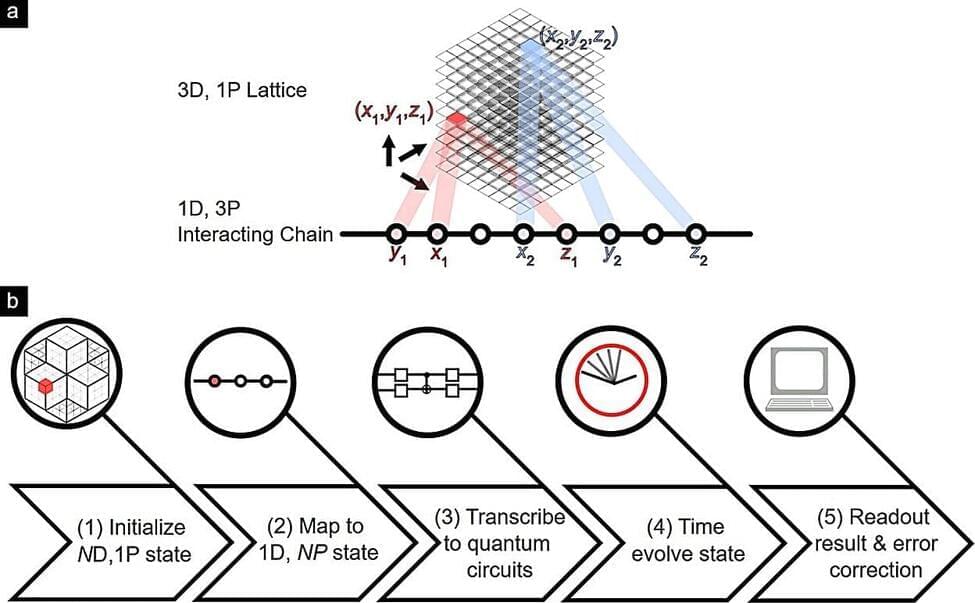
Prof Lee said, “Existing breakthrough studies in quantum advantage are limited to highly-specific tailored problems. Finding new applications for which quantum computers provide unique advantages is the central motivation of our work.”
“Our approach allows us to explore the intricate signatures of topological materials on quantum computers with a level of precision that was previously unattainable, even for hypothetical materials existing in four dimensions,” added Prof Lee.
Despite the limitations of current noisy intermediate-scale quantum (NISQ) devices, the team is able to measure topological state dynamics and protected mid-gap spectra of higher-order topological lattices with unprecedented accuracy, thanks to advanced in-house developed error mitigation techniques. This advance demonstrates the potential of current quantum technology to explore new frontiers in material engineering.

How can ultrasonic waves be used to treat chronic pain? This is what a recent study published in the journal Pain hopes to address as a team of researchers investigated how a noninvasive treatment known as Diadem, which is a novel biomedical device designed to use ultrasonic waves for combating chronic pain. This study holds the potential to help researchers develop more effective methods at treating chronic pain aside from invasive, surgical treatments.
For the study, the researchers enlisted 20 patients who suffer from chronic pain to participate in trials for the Diadem device or sham stimulations, the latter of which involved auditory masking that has been used in previous research. Each patient received two 40-minute sessions comprised of either the Diadem or sham treatments, followed by being monitored for one week. In the end, the researchers found that 60 percent of patients were received the Diadem treatments reported improved pain management on day 1 and day 7. In contrast, 15 percent and 20 percent of patients who received the sham treatment reported the same for day 1 and day 7, respectively.
“If you or your relatives suffer from chronic pain that does not respond to treatments, please reach out to us; we need to recruit many participants so that these treatments can be approved for the general public,” said Dr. Jan Kubanek, who is an assistant professor in the Department of Biomedical Engineering at the University of Utah and a co-author on the study. “With your help, we think chronic pain can be effectively silenced. And with new pain treatment options, we can tackle the opioid crisis, too.”
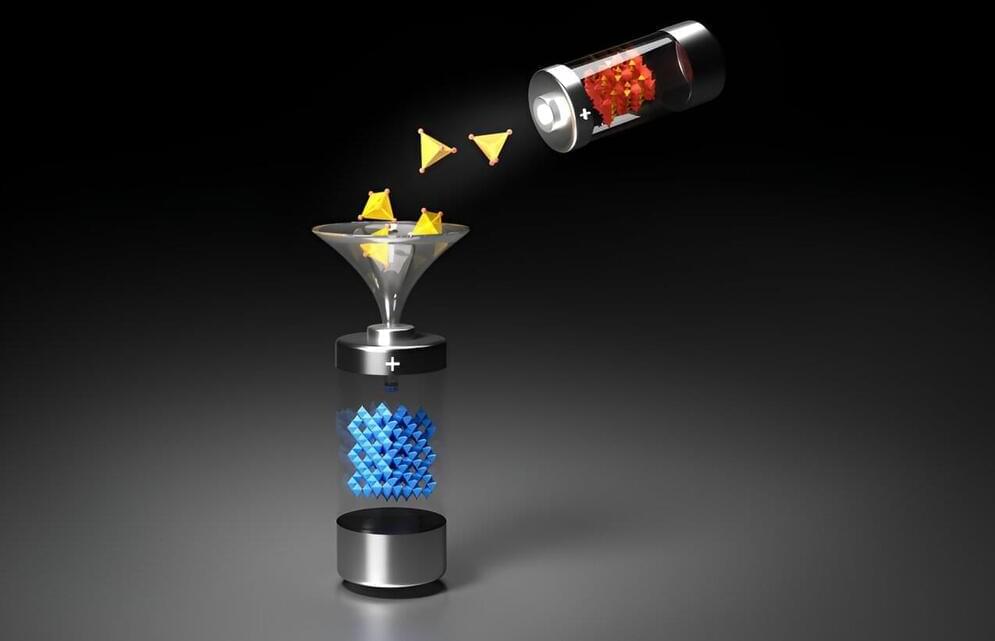
For the past decade, disordered rock salt has been studied as a potential breakthrough cathode material for use in lithium-ion batteries and a key to creating low-cost, high-energy storage for everything from cell phones to electric vehicles to renewable energy storage.
A new MIT study is making sure the material fulfills that promise.
Led by Ju Li, the Tokyo Electric Power Company Professor in Nuclear Engineering and professor of materials science and engineering, a team of researchers describe a new class of partially disordered rock salt cathode, integrated with polyanions—dubbed disordered rock salt-polyanionic spinel, or DRXPS—that delivers high energy density at high voltages with significantly improved cycling stability.

A research team at the University of Virginia School of Engineering and Applied Science has developed what it believes could be the template for the first building blocks for human-compatible organs printed on demand.
Liheng Cai, an assistant professor of materials science and engineering and chemical engineering, and his Ph.D. student, Jinchang Zhu, have made biomaterials with controlled mechanical properties matching those of various human tissues.
“That’s a big leap compared to existing bioprinting technologies,” Zhu said.

Researchers from North Carolina State University and Johns Hopkins University have demonstrated a technology capable of a suite of data storage and computing functions – repeatedly storing, retrieving, computing, erasing or rewriting data – that uses DNA rather than conventional electronics. Previous DNA data storage and computing technologies could complete some but not all of these tasks.
“In conventional computing technologies, we take for granted that the ways data are stored and the way data are processed are compatible with each other,” says project leader Albert Keung, co-corresponding author of a paper on the work (Nature Nanotechnology, “A Primordial DNA Store and Compute Engine”). “But in reality, data storage and data processing are done in separate parts of the computer, and modern computers are a network of complex technologies,” Keung is an associate professor of chemical and biomolecular engineering and a Goodnight Distinguished Scholar at NC State.
“DNA computing has been grappling with the challenge of how to store, retrieve and compute when the data is being stored in the form of nucleic acids,” Keung says. “For electronic computing, the fact that all of a device’s components are compatible is one reason those technologies are attractive. But, to date, it’s been thought that while DNA data storage may be useful for long-term data storage, it would be difficult or impossible to develop a DNA technology that encompassed the full range of operations found in traditional electronic devices: storing and moving data; the ability to read, erase, rewrite, reload or compute specific data files; and doing all of these things in programmable and repeatable ways.

IOP Publishing has retracted a total of 350 papers from two different 2021 conference proceedings because an “investigation has uncovered evidence of systematic manipulation of the publication process and considerable citation manipulation.”
The case is just the latest involving the discovery of papers full of gibberish – aka “tortured phrases” – thanks to the work of Guillaume Cabanac, a computer scientist at the University of Toulouse, Cyril Labbé, of University Grenoble-Alpes and Alexander Magazinov, of Skoltech, in Moscow. The tool detects papers that contain phrases that appear to have been translated from English into another language, and then back into English, likely with the involvement of paper-generating software.
The papers were in the Journal of Physics: Conference Series (232 articles), and IOP Conference Series: Materials Science and Engineering (118 articles), plus four editorials.
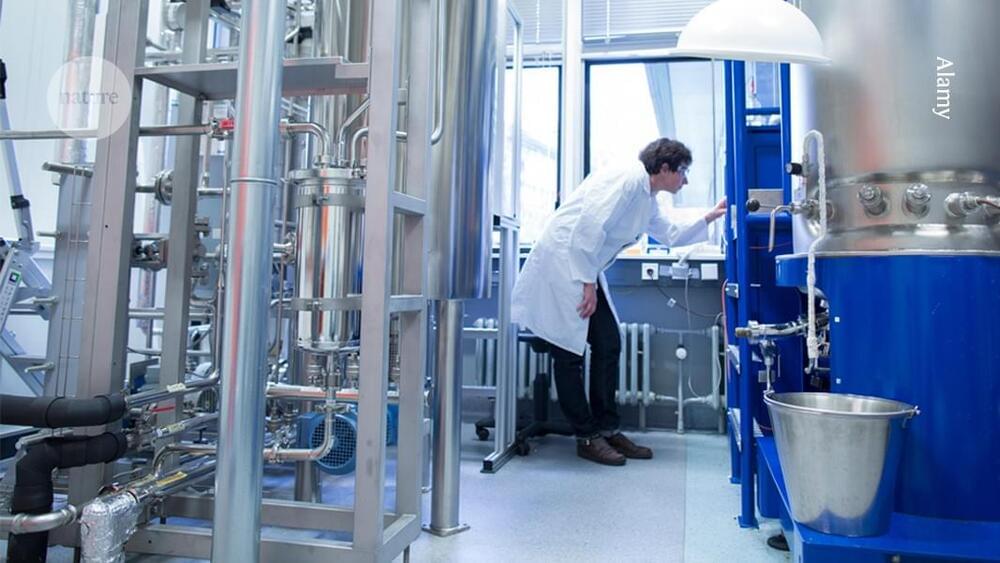
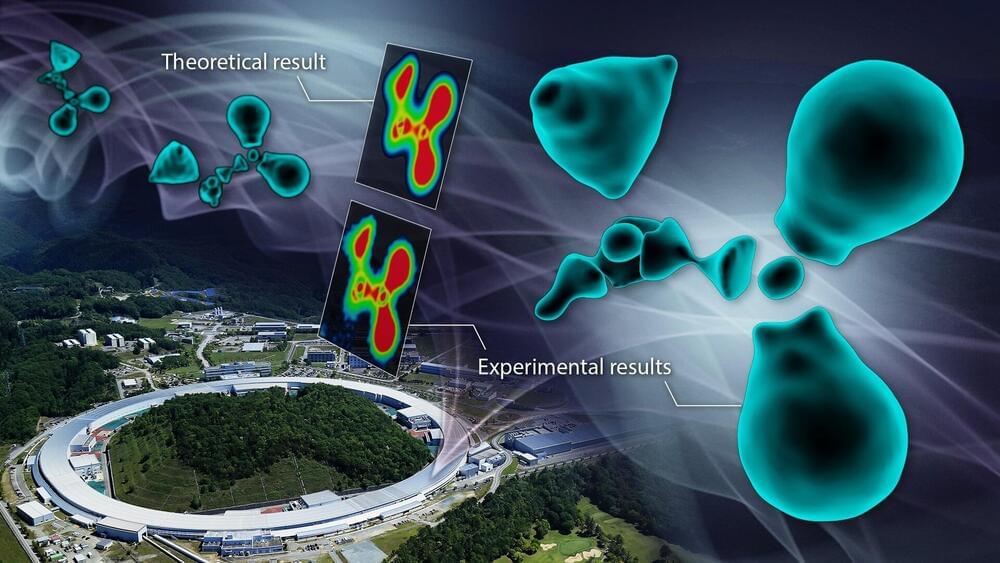
The distribution of outermost shell electrons, known as valence electrons, of organic molecules was experimentally observed for the first time by a team led by Nagoya University in Japan. As the interactions between atoms are governed by the valence electrons, their findings shine light on the fundamental nature of chemical bonds, with implications for pharmacy and chemical engineering. The results were published in the Journal of the American Chemical Society.